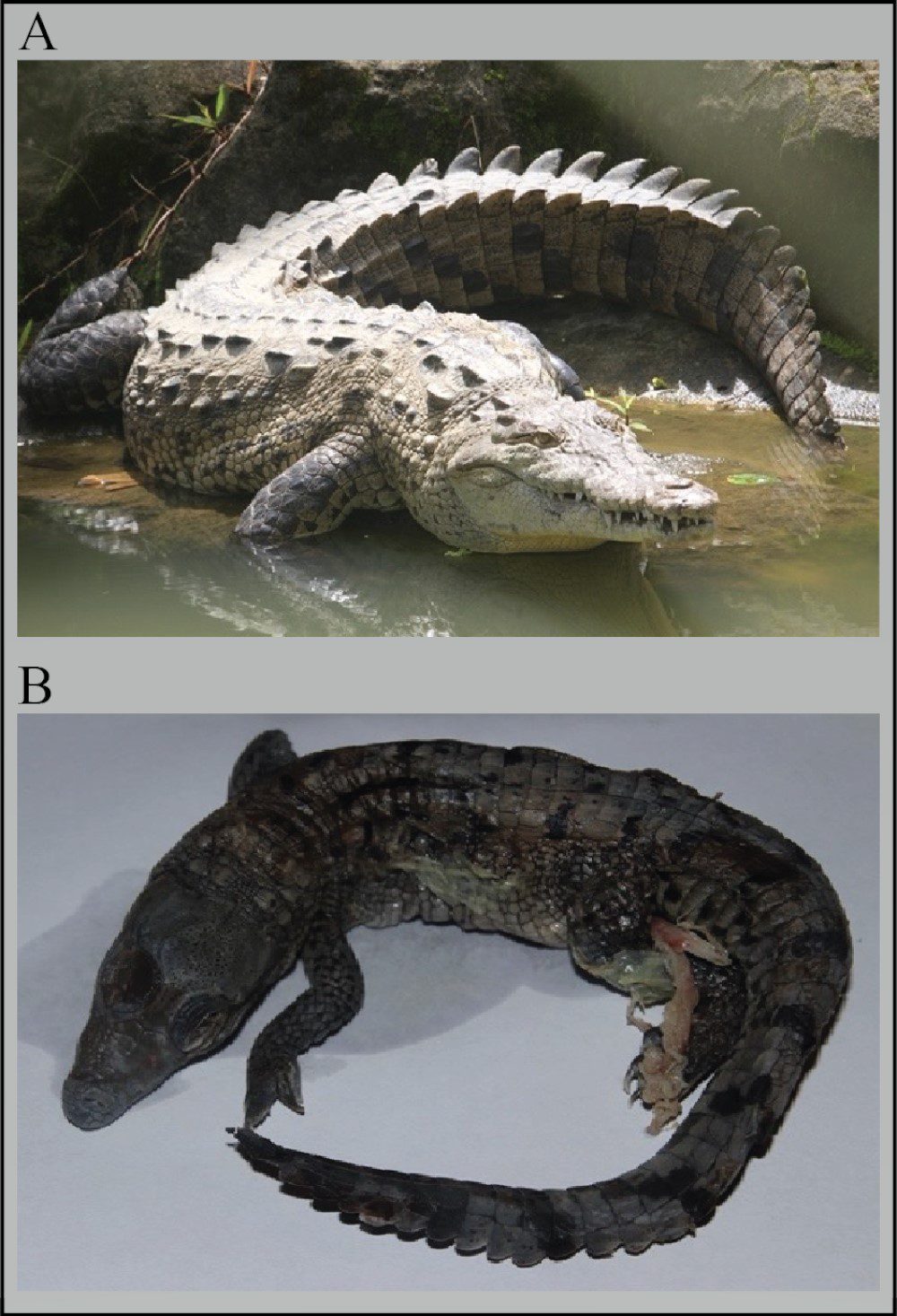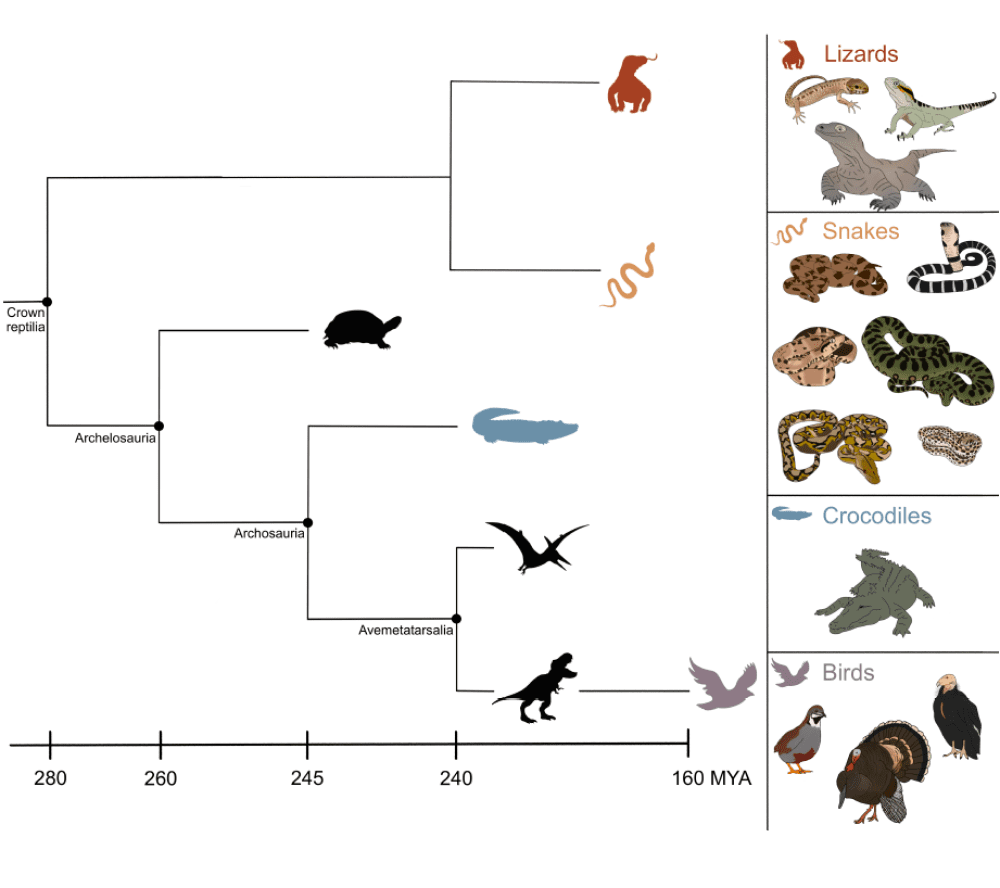Documented cases of parthenogenesis, often referred to as “virgin birth”, have been on the rise in recent years, and now crocodiles have joined the roster of species known to do it for the first time. With birds already being known to reproduce this way, parthenogenesis now bookends a group of vertebrates known as the archosaurs, which researchers on the discovery say makes it “very likely” that dinosaurs and pterosaurs could do it too.
The world-first discovery was made in Costa Rica at Parque Reptilandia where a female American crocodile was housed in a public exhibit without any male crocodiles. She’d be isolated for at least 16 years, and yet when she laid 14 eggs it was found that seven appeared to be fertile.
When none of the eggs hatched after three months of incubation, a dissection was conducted to learn more about how the fetuses had come to be. Using a python program called ParthenoGenius, they were able to confirm that the developing crocodiles were indeed parthenogens, made up of genetic material solely from their mother.
That none of the developing crocodiles hatched demonstrates the pot-luck of parthenogens who lack the genetic diversity of animals born from sexual reproduction.
“With boas and pythons we tend to see parthenogens born outwardly healthy,” lead author Warren Booth told IFLScience. “With venomous snakes, such as rattlesnakes, cobras, etc, and the water snakes and garter snakes, we see the opposite. Most parthenogens are either stillborn or severely deformed.”

Seven of the 14 eggs appeared to be fertilized, but they were created through parthenogenesis.
Image courtesy of Warren Booth
“In sharks and birds, they also vary,” Booth continued. “Some appear healthy, some not. We have raised parthenogens to adulthood and bred them, but most actually die after a few months or a few years. What is basically happening is that the parthenogens’ genome is almost completely homozygous. So, it is essentially highly inbred, which is of course not conducive for a healthy life.”
For a long time, it was thought that parthenogenesis was a captive syndrome driven by animals kept in isolation, but Booth explained that in recent years more and more parthenogens have been found in the wild, such as copperhead and cottonmouth snakes. It’s more likely, then, that “virgin births” are just more recognized in captive animals because there are keepers around to notice when unexpected eggs arrive.

With both ends of the archosaurs reproducing through parthenogenesis, it’s likely pterosaurs and dinosaurs had “virgin births” too.
Figure from W Booth et al, 2023. Biology Letters, courtesy of Warren Booth
With crocodiles joining the list of parthenogenesis animals for the first time, the discovery brings with it exciting insights as to how prehistoric animals related to this group may have reproduced. Turns out Jurassic Park might not have even needed that pesky frog DNA for everything to blow up in their faces.
“This is a very cool result given that it now bookends a group of vertebrates known as the archosaurs. The earliest members of this group are the crocodylian and the most recent are birds,” explained Booth. “In between these are the pterosaurs and the dinosaurs.”
“We now know that this specific form of parthenogenesis occurs in both crocodiles and birds. It also happens in the evolutionary ancestors of this group, which are the reptiles and lizards. As such, it is very likely that both the pterosaurs and dinosaurs had the ability to reproduce via parthenogenesis.”
Booth and colleagues continue to research the quirks of crocodilian reproduction, and who knows what evolutionary tricks they’ll turn up next.
The study is published in Biology Letters.
Source Link: Crocodiles Seen Reproducing Via "Virgin Birth" For First Time – No Male Required